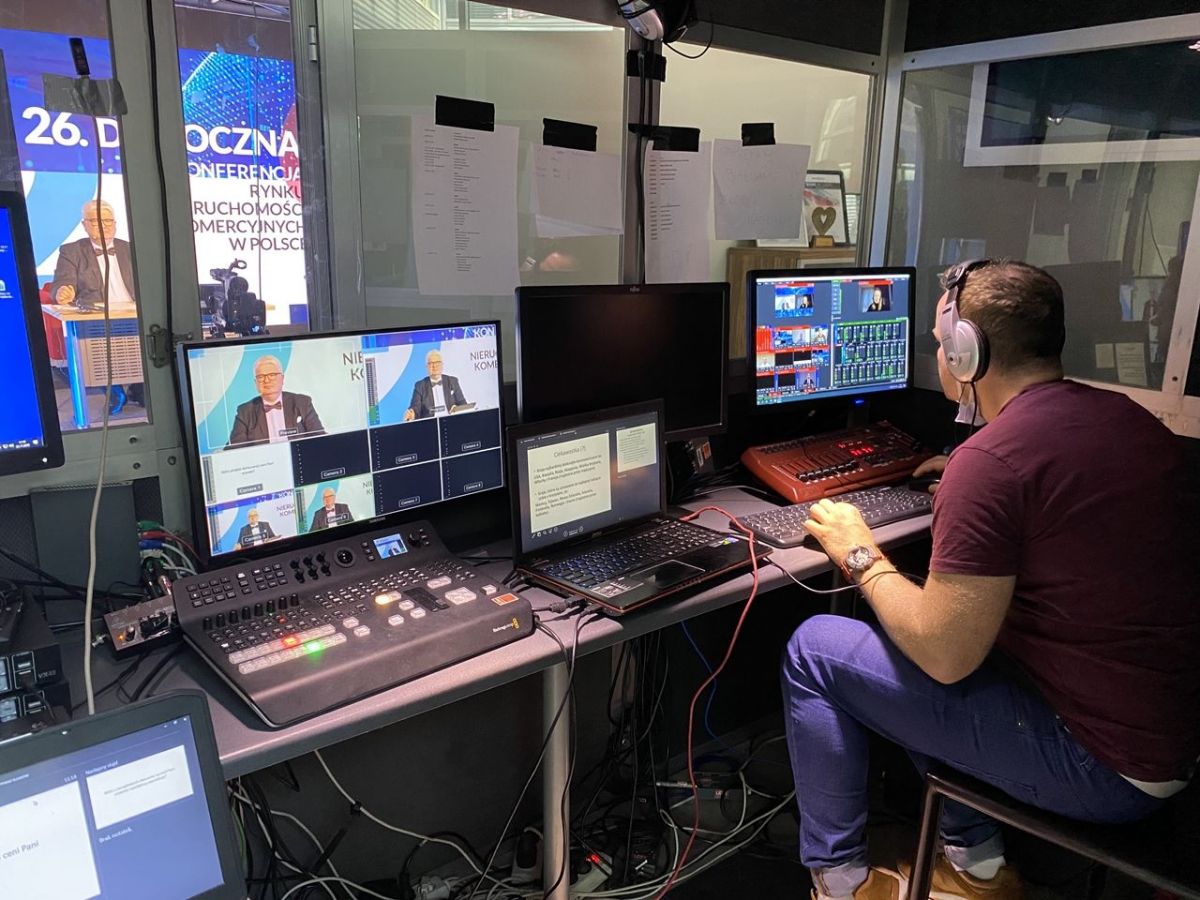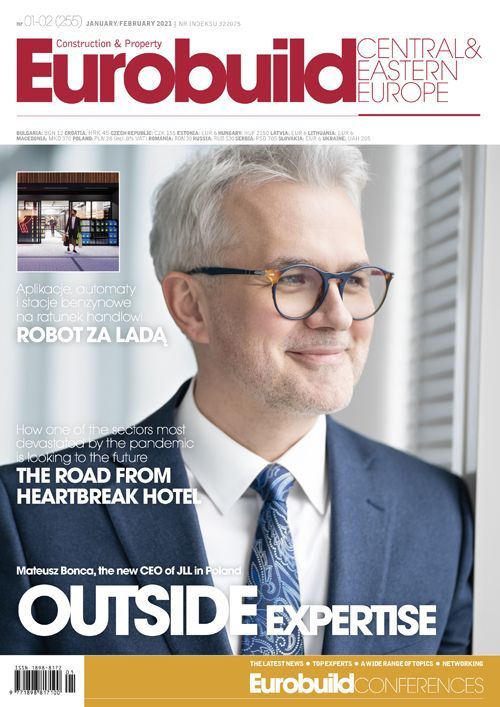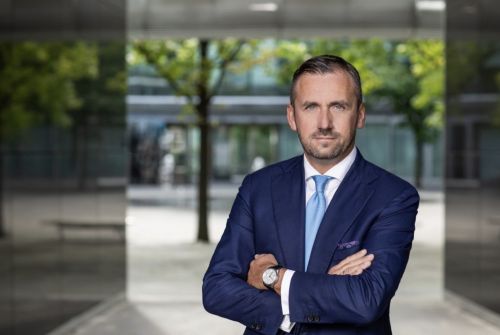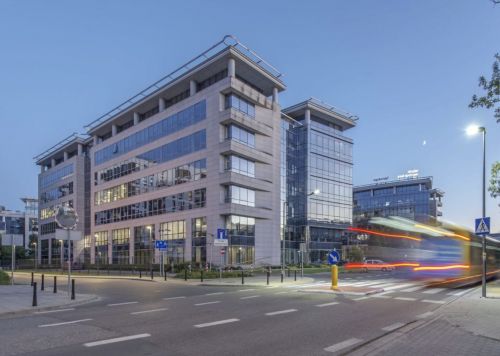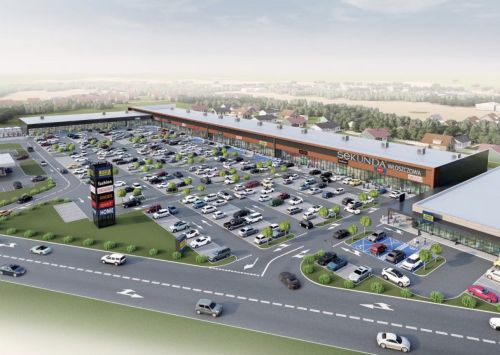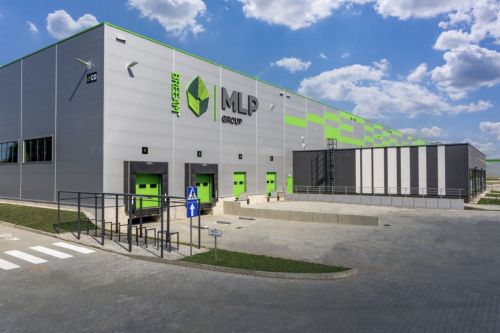“We’ve begun the next quarter-century in the history of the most important conference in our country’s real estate market," declared Tomasz Cudowski, the editor in chief of ‘Eurobuild CEE’ magazine, as he opened the 26th meeting of the annual event. However, for the first time it was held in somewhat unusual circumstances – the panellists, who numbered around 30 market experts, as well as the 2,000+ other people taking part, were all sat in front of their computer screens rather than in a hotel conference room
